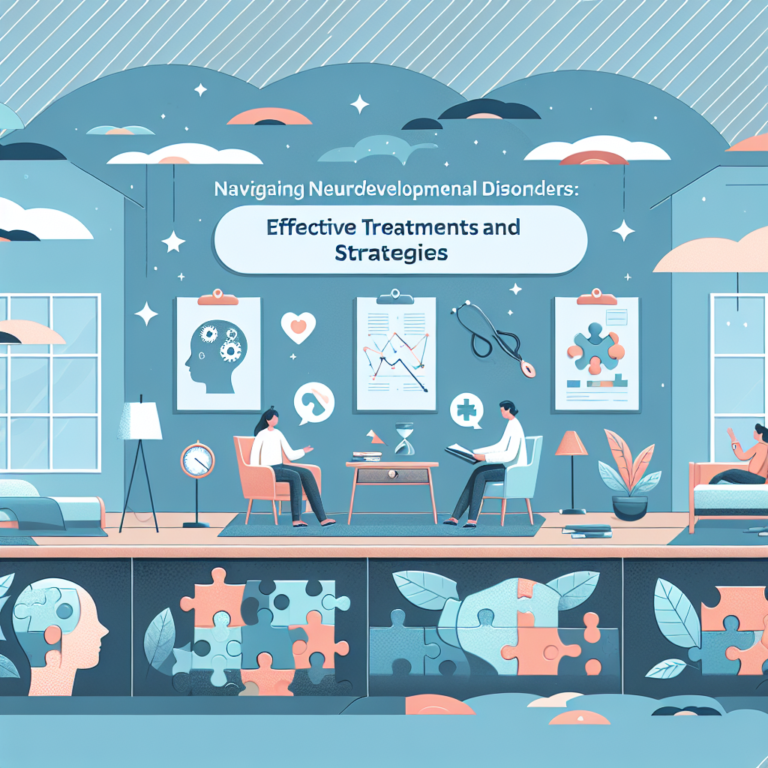
The Confidence Code: Proven Strategies for Overcoming Insecurity
Introduction
In today’s fast-paced and competitive world, the importance of self-confidence cannot be overstated. Whether you’re pursuing a career, navigating personal relationships, or striving for self-improvement, confidence is the fuel that propels you forward. Yet, many of us struggle with insecurity, often hindered by self-doubt and fear. In this comprehensive guide, we’ll explore The Confidence Code: Proven Strategies for Overcoming Insecurity, providing you with actionable insights and tools to unleash your inner strength.
Understanding Insecurity: The Roots of Self-Doubt
Insecurity often stems from various factors—childhood experiences, societal pressures, or past failures. Understanding the sources of your insecurity is the first step toward overcoming it. According to a study by the American Psychological Association, early life experiences can shape our self-esteem and self-worth. By recognizing these patterns, you can begin to untangle the threads of insecurity that may be holding you back.
Case Study: Discovering the Roots of Insecurity
Consider Sarah, a talented graphic designer who often hesitates to share her work. Her insecurity is rooted in a childhood experience where her art was criticized. This led to a deep-seated fear of judgment, making her doubt her abilities. Identifying this pattern enabled Sarah to challenge her negative self-talk and gradually build her confidence at work.
Proven Strategies for Overcoming Insecurity
1. Embrace a Growth Mindset
A growth mindset means believing that your abilities and intelligence can be developed through dedication and hard work. It shifts your focus from fearing failure to embracing challenges.
Actionable Tip: Reframe Challenges as Opportunities
When faced with a daunting task, instead of thinking, "I can’t do this," reframe it as, "This is a chance to learn something new."
2. Set SMART Goals
Setting Specific, Measurable, Achievable, Relevant, and Time-bound (SMART) goals provides a clear framework for self-improvement.
Table: SMART Goals Framework
| Criteria | Description | Example |
|---|---|---|
| Specific | Define clear and specific objectives | "I will practice public speaking." |
| Measurable | Establish criteria to measure progress | "I will speak in front of a group of 5." |
| Achievable | Ensure goals are realistic | "I will practice twice a week." |
| Relevant | Align goals with your broader objectives | "Improving my presentation skills will help in my job." |
| Time-bound | Set a deadline to achieve your goals | "I will do this within three months." |
3. Practice Self-Compassion
Being kind to yourself is essential in overcoming insecurity. Self-compassion helps you recognize that imperfection is part of being human.
Actionable Tip: Daily Affirmations
Start your day with positive affirmations. Repeat phrases like "I am enough" or "I am capable" to realign your thoughts.
4. Seek Vulnerability
Being open about your insecurities can be liberating. It fosters deeper connections and builds a support network.
Case Study: The Power of Vulnerability
John, a software engineer, decided to share his struggles with imposter syndrome during team meetings. Surprisingly, many colleagues resonated with his experiences. This transparency not only helped him feel supported but also strengthened team camaraderie.
5. Surround Yourself with Positivity
The company you keep significantly affects your mindset. Surrounding yourself with supportive, positive people can bolster your confidence.
Actionable Tip: Building a Support Network
Identify three individuals who inspire you and reach out to them for regular interaction. Their positivity will help reinforce your confidence.
6. Acquire New Skills
Learning new skills boosts your confidence. It not only adds to your capabilities but also shifts the focus from insecurity to growth.
Table: Skills Acquisition Plan
| Skill | Resources | Timeframe | Progress |
|---|---|---|---|
| Public Speaking | Online Courses | 3 Months | Weekly practice |
| Assertiveness | Workshops | 1 Month | Weekly exercises |
| Creative Writing | Books/Online Forums | 6 Weeks | Write twice a week |
7. Limit Social Media Exposure
Comparing your life to others on social media can unwittingly fuel insecurity. Take breaks from social media to focus on your personal growth.
8. Embrace Failure
Understanding that failure is an inevitable part of success can redefine your approach to challenges.
Actionable Tip: Celebrate Failures
Instead of viewing failures negatively, celebrate them as learning experiences. Keep a journal to document what you learned from each setback.
9. Seek Professional Help
If insecurity is deeply ingrained, consulting a therapist or coach may provide the guidance you need to build confidence.
Case Study: Turning to Therapy
Lisa sought therapy after struggling with chronic self-doubt. Through cognitive-behavioral techniques, she learned to challenge her negative beliefs and gradually regained her confidence.
10. Take Action
The greatest antidote to insecurity is action. The more you step out of your comfort zone, the more your confidence will grow.
Actionable Tip: The 5-Second Rule
Whenever you feel an urge to retreat, count down from five and take action immediately. This simple technique can push you to act before doubt creeps in.
Conclusion
Overcoming insecurity is a journey, not a destination. By implementing The Confidence Code: Proven Strategies for Overcoming Insecurity, you can reshape your mindset, embrace challenges, and ultimately build the confidence you crave. Remember, it’s about progress, not perfection. Every small step you take brings you closer to realizing your potential.
FAQs
What are some signs of insecurity?
Signs include excessive self-doubt, sensitivity to criticism, and a fear of failure.Can insecurity be permanent?
Insecurity can be addressed and managed. With consistent practice of the strategies mentioned, it’s possible to overcome it.Is confidence the same as arrogance?
No, confidence is grounded in self-awareness and humility, while arrogance often stems from insecurity and a need to prove oneself.How long does it take to build confidence?
Building confidence is a personalized journey; some may see improvements in weeks, while others may need months or years.- Are there any books to recommend on this topic?
Yes, books like The Confidence Code by Katty Kay and Claire Shipman, Braving the Wilderness by Brené Brown, and Mindset by Carol S. Dweck are excellent resources.
Through continuous self-assessment and the application of proven strategies, you can unlock a level of confidence that aligns with your true potential. Start today and watch as your life begins to transform.













